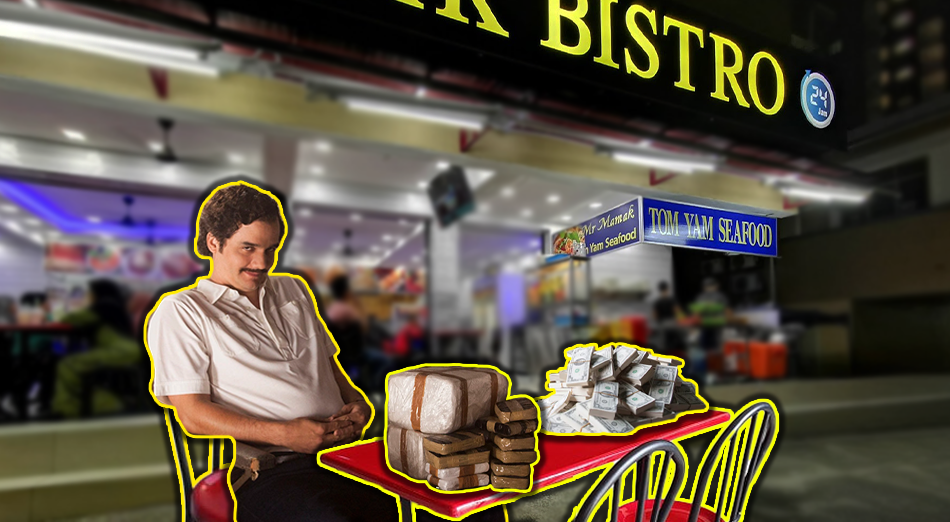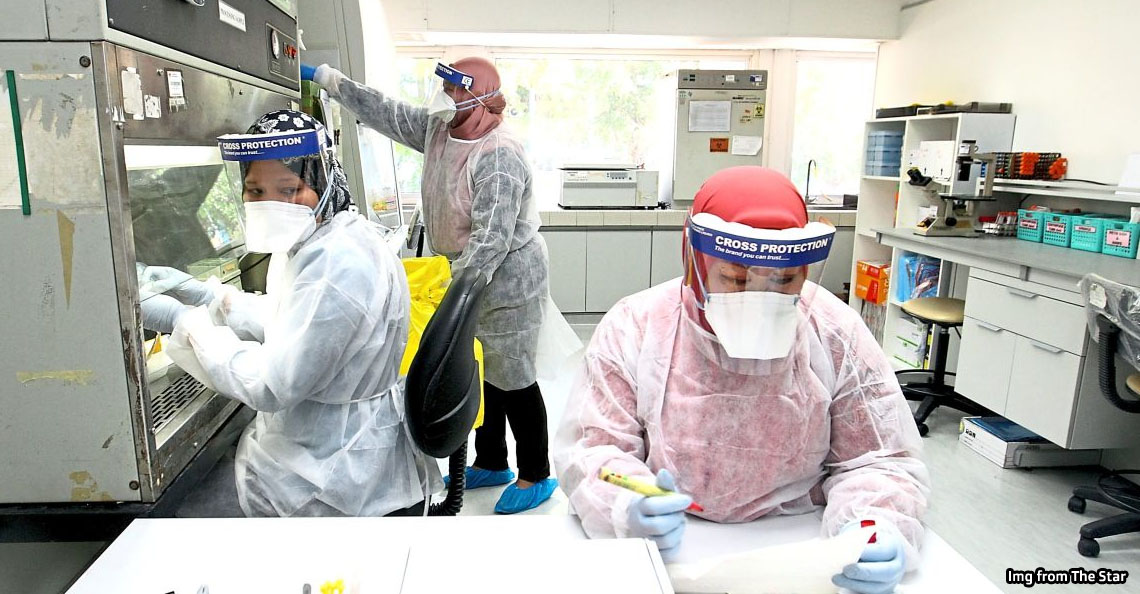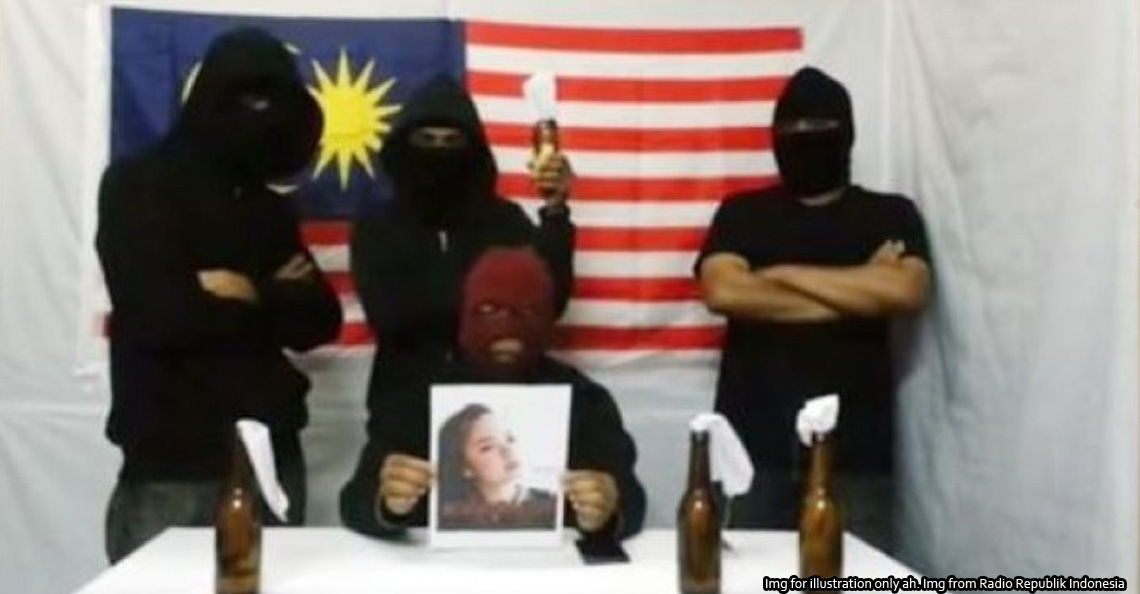Malaysia has lost MISERABLY in its war against drugs. Here’s the surprising reason why.

- 3.6KShares
- Facebook3.5K
- Twitter16
- LinkedIn8
- Email12
- WhatsApp23
Like water shortages and 6% service taxes, Malaysia’s drug problem can’t seem to go away. Despite having some of the strictest laws on drug trafficking and possession in the world, an AADK statistic reveals that in 2017, there were 25,922 cases of drug abuse, out of which 18,440 were new cases and 7,482 involved repeat offenders. That’s an 18% increase from the previous year!
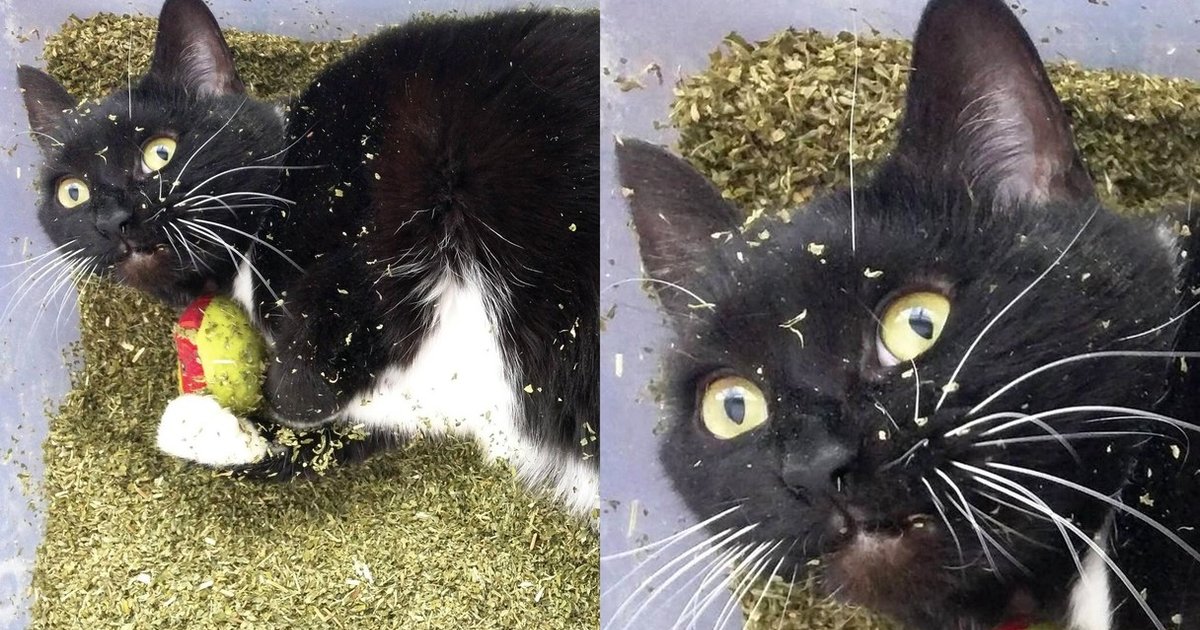
Even our DPM Dato’ Seri Dr. Wan Azizah has admitted that we’ve failed to curb the drug menace, saying:
“The failure can be seen when many are jailed for drug abuse.”
It seems that no matter what we do, the statistics keep falling on the other side of rehabilitation. On average, Malaysia records 70 new drug addicts every day!! Gila.
(NOTE: It isn’t clear how our gomen makes the distinction between ‘addicts’ and mere ‘users’, however, the law makes no such distinction when applying a consumption charge, and ‘using’ alone is a crime, which you could be fined and/or sent to jail/rehab for, depending on the judge and how many times you’ve been previously arrested.)
Considering that we are a country that hangs drug traffickers and jails drug addicts, do these stats show that we’ve been doing it wrong all these years?
Turns out, drugs weren’t always illegal in Malaysia
Would you believe that once upon a time, not only were drugs legal, but people were actually forced to take drugs?!
In the 19th century, the British Empire fought (and won!) two wars for the right to forcefully impose opium sale on the Chinese, after the Chinese Emperor prohibited the sale and use of opium. One thing led to another, and soon Chinese immigrants were bringing in this new drug into Malaya, where it quickly became a thing. However, soon the Brits saw that opium was turning addicts into unproductive sotongs, so they made it illegal. After introducing it in the first place. Way to go, omputih.
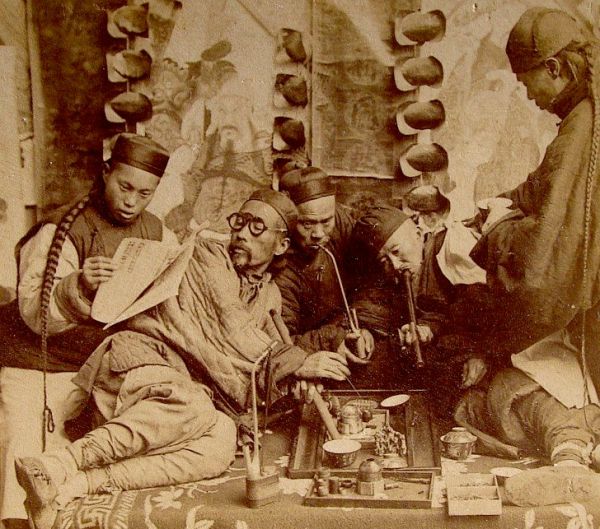
As for modern-day Malaysia, although drugs officially became illegal in 1952 (thanks to omputih), it was in 1975 that the death penalty was introduced for traffickers, and in 1983 that the then-gomen announced that drugs were the ‘main threat to society‘, placing them above communists on the danger counter! And so began our very own war on drugs…
So what do our lawmakers these days think of drugs?
Malaysian lawmakers have been debating for a while about what the best thing to do is to tackle the drug issue in this country. For instance, Kinabatangan MP Bung “Kau-Salah-Orang” Mokhtar favours the shoot-on-sight approach adopted by the Philippines:
“Why can’t we follow the Philippines? We could just detain the drug addicts without trial, and shoot the drug dealers, so the country is free from them.”
However, both UMNO boss Datuk Seri Zahid Hamidi and his ex-deputy Datuk Nur Jazlan could not support their excited teammate and shot down his ‘shoot-down’ suggestion:
“We respect the method undertaken by them but it is only suitable for their country. Malaysia will be using our own method, especially in enforcing the laws we currently have” – Datuk Seri Zahid Hamidi
“Supporting Duterte’s policy of shooting addicts runs counter to international norms. We don’t want to implement policies that would affect human rights” – Datuk Nur Jazlan

So shooting ’em up (no pun intended) is out of the question, then. But what we can talk about however, is what we’re currently doing to help fix the problem, or at least try to help fix the problem. Because although the numbers don’t look convincing, Malaysia is really trying to think of ways to nip the drug problem in the bud.
Some of these include methadone treatment (MMT), the upgrading of rehabilitation centres into Cure & Care clinics, the introduction of harm reduction methods such as NSEP (National Syringe Exchange Program), and the now-defunct Special Tactics and Intelligence Narcotics Group (STING). There are also many private rehabilitation centres popping up nowadays (some run by ex-addicts!)
Furthermore, the gomen recently introduced a new law (Section 39C DDA) that mandates a minimum 5 year jail term AND 3 strokes of the rattan for repeat offenders, in order to
“… punish persistent drug addicts severely so that they will not repeat the same offense again… Previous methods have failed and the police have to resort to a different approach (Section 39C DDA) in order to handle repeat drug offenses.” – Datuk Seri Mohd Mokhtar Mohd Shariff, Director of NCID Bukit Aman
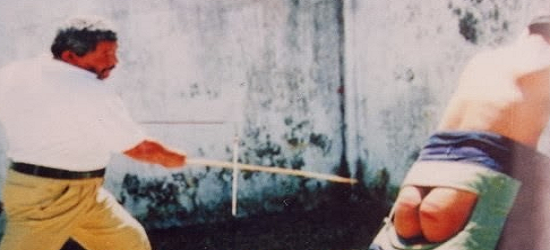
With this new law, and the wording contained in the above statement, one can definitely see how desperate the gomen has become. Which of course begs the question: if the Malaysian government is pulling out its own hair and throwing around money (RM35 per day per addict, to be exact!) trying to make people stop taking drugs, why aren’t the statistics getting any better?
Addiction and relapse seem to be a combination of several factors
For one, access to drugs in Malaysia is easier than ever. Last year, Malaysian police seized a total of RM200 million (!) in drugs, arresting 163,931 people in the process. And things don’t look good so far this year as well: authorities seized a record 1.2 tonnes (WALAO!) of methamphetamine in a shipment from Myanmar, worth RM71 million. That alone is 35.5% of last year’s haul, and just from ONE raid!
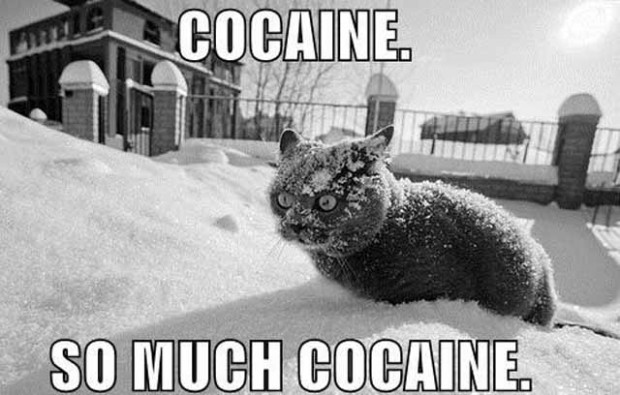
Dealers have also become more innovative in coming up with new drugs to attract customers, and this sometimes comes with the added perk of bypassing drug laws, as these some of these new substances are not listed under the law as illegal. A recent discovery is ‘Flower’, basically ordinary tobacco cigarettes laced with NPS (new psychoactive substances) selling for RM100 a stick!!
A huge reason why addicts find it so hard to quit is because of the social stigma surrounding drug addicts in this country. This study found that 95% of the community believed that drug addicts were of no use to the nation, while 6% of people even suggested that addicts should be isolated from the community and not allowed to return because of their mistakes, which in their eyes, were unforgivable. This, coupled with the low standard of treatment received by the inmates during rehabilitation, complicates efforts on a personal level for these addicts to kick the habit and come back into functioning society.
And it’s not just low-income citizens who are falling into the hole: lawyers, bankers, pilots and businessmen are among the known demographic who are hooked on drugs.
“Drug users nowadays are people who crave success… We’ve lawyers, bankers, businessmen and even pilots coming to Pengasih. The drug users of today aren’t losers. That’s the biggest misconception the public has.” – Datuk Mohd Yunus Pathi, Pengasih Malaysia founder and chairman
It seems that the biggest obstacle in Malaysian efforts to tackle drugs is not so much the rehabilitation process itself but the social stigma aspect and the criminality of drug users. Granted, from a legislative point of view, things are slowly getting better, but the general sense of unease towards addicts remains, and so do their addictions.
But why are certain substances allowed and certain substances banned?
Ciggies and booze, we’re looking at you.
In 2009, Professor David Nutt of Imperial College London founded the Independent Scientific Committee on Drugs to investigate the drug issue without political interference. They conducted a study ranking substances based on their harmfulness to both the user and the people around them, and guess which one ended up in first place?
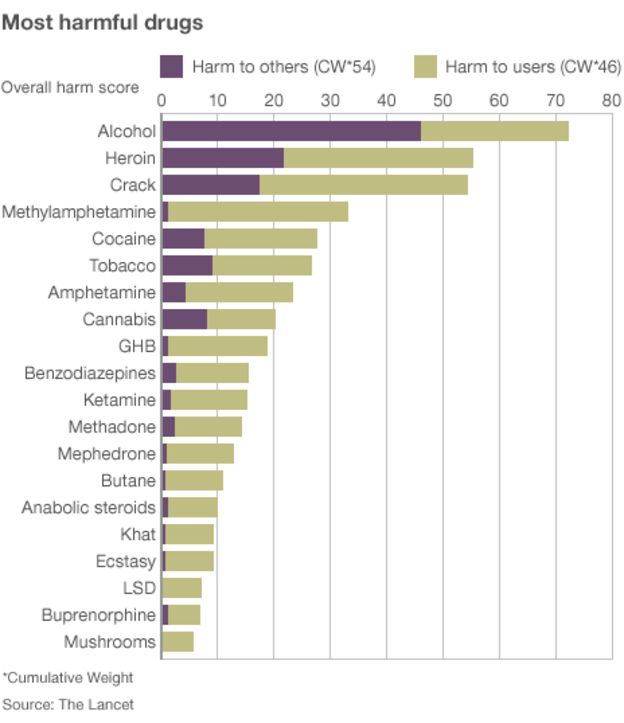
That’s right. It’s ALCOHOL. Which is perfectly legal in this country.
Also interesting to note is that tobacco (also legal) scores higher meanie points than cannabis, ketamine, ecstasy, and LSD, all banned substances under either the Dangerous Drugs Act 1952 or the Poisons Act 1952.
It’s not just Professor Nutt’s study that says this, though; this study by Morgan et al. (2015) also came to the same conclusion, and calls for more restrictive policies regarding tobacco and alcohol rather than illicit drugs…
… which is why some countries have un-HARAM-ed drugs
One big step that many developed countries have taken are changes to the legislation that decriminalises drugs especially with regards to cannabis. This idea has been shot down again and again back home, but it seems to be working for other countries.
An interesting example is the Netherlands, where the drug laws operate on two principles:
- Drug use is a public health issue, not a criminal one.
- There is a distinction between ‘hard’ and ‘soft’ drugs.
Point no. 1 has actually been echoed more than once in Malaysia by both politicians and academics:
“It is to be stressed that these users need medical attention/treatment. Punishment by prison confinement will not address their addiction.” – Prof. Dr. Vicknasingam Kasinather, Director, Centre for Drug Research, Universiti Sains Malaysia
“In Malaysia, they (drug addicts) are considered criminals and due to this, we have created thousands of criminals based on the fact that they are drug users… The court sends them to prison, but that is just a shortcut to addressing the problem.” – P. Sundramoorthy, Criminologist, Universiti Sains Malaysia
“Instead of looking at drug dependants as criminals, we should actually look at them as patients. Instead of bringing them to jail, we bring them to the clinic… We are already there (decriminalising drugs) but we are not making it loud enough for the people to understand that we have this policy. Our policy has not been established in a formal way.” – Dato’ Sri Hajah Nancy Shukri, former Minister in the Prime Minister’s Department
Her point is basically that if addicts are no longer seen as criminals, it would be much easier both for them to seek treatment, and for the government to provide it without legal obstacles.
The second point means that there’s a major difference between smoking, say, heroin, and smoking marijuana with regards to Dutch law.

While Malaysia does not make a distinction between the two under Section 2 of the DDA, the debate has been raging for donkey years now about the legal status of marijuana in this country:
“Ganja is not a drug… I am merely expressing the views of the youths that I meet at the grassroots. We are not asking for it to be legalised but supervised… If we supervised the use of ganja, the (ganja addiction) numbers could be reduced to zero.” – Muhamad Ridhwan Muhamad Rosli, Selangor Youth Parliament Rep
Even former Youth and Sports Minister Khairy Jamaluddin dropped a major hint with these tweets:

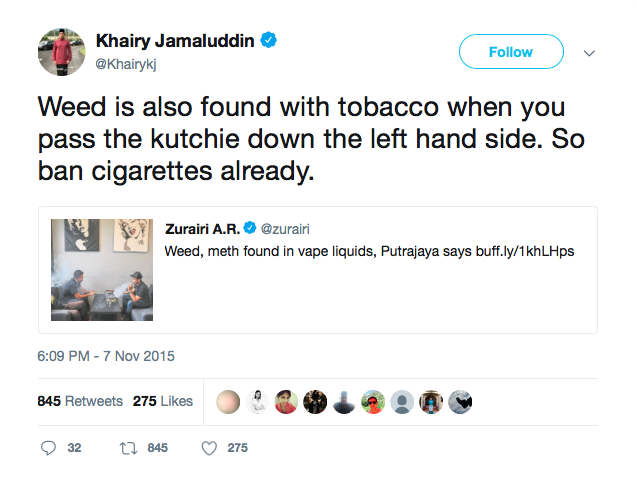
The reason why the marijuana discussion is so important right now in the bigger picture of the war on drugs is because it’s commonly cited as being the best example of a substance being criminalised because of economics, racism, and politics, rather than it actually being bad for you; something that was actually admitted by a former US government official:
Weed has actually started the re-evaluation of drug policies across the world, and a plummet in crime rates in places where it was legalised. So far, two countries in the world have moved to fully legalise recreational marijuana: Uruguay and Canada, while it has been decriminalised in many developed countries. In fact, even Thailand and India are considering making it legal!
However, our gomen has made their stance on the matter very clear:
“Our government’s stand is as long as drug addiction is not 100% eradicated, social problems and crimes due to drug addiction will continue to occur.” – Dato’ Seri Zahid Hamidi
“To us, it is not time yet for us to be liberal. PDRM does not support and in fact opposes it. There are a lot of young Malaysians who misuse ganja. They also use it as a platform to go on to other more serious drugs.” – Tan Sri Khalid Ibrahim, former Inspector-General of Police
““For the time being, the Government maintains that it is classified under the Dangerous Drugs Act. This decision is final. We have our own stand on the matter, and this (legalising ganja) is not in line with our culture.” – Datuk M. Saravanan, former Deputy Youth and Sports Minister
The war on drugs continues…
It seems that opinion is still divided in our country with regards to legalisation and perception of drug addicts, but regardless of where you stand on the spectrum, roughly RM22 million a year is being spent on the anti-drug effort, and what we’re currently doing with it clearly isn’t working.
It is also worth noting that although our drug laws are going through some changes, there are recent cases that have sparked intense debate on the justification for the death penalty, such as the cases of Dr. Ganja (still ongoing), and Muhammad Lukman (sentenced to death), since both of them were providing medicine and treatment for sick people.
Also noteworthy is the case of South Korean student Kim Youn Sung, who was nearly sentenced to death because of false testimony (acquitted).
Ending on that note, Dr. Ganja’s lawyer Samantha Chong, an ex-prosecutor, now drug policy reformist and death penalty abolitionist, says:
“People always talk about the ‘war on drugs’ as if it is something that you can win. Over the years, laws were amended to make sentences for drug users harsher and convictions for trafficking easier. But there is absolutely no evidence that harsher law means less drugs. If it is working, we would have solved drug problems in every galaxy.
But UNODC has just released a report that production of illicit drugs had hit absolute record highs. Our Dangerous Drugs Act is based on three international conventions. None of it says we must use the death penalty. The law should be a wing of protection and not an instrument of oppression. When the Dangerous Drug Act has become more dangerous than the drug itself, it is time to review it. The war against drugs must end.”
At the end of the day, when it comes to reforming laws and policies, you (YOU, THE RAKYAT!) have the final say.
- 3.6KShares
- Facebook3.5K
- Twitter16
- LinkedIn8
- Email12
- WhatsApp23

